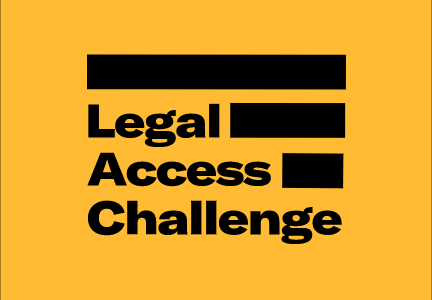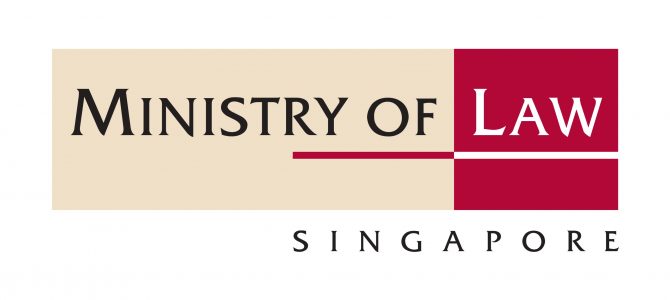Abstract: It is a hard sell to convince lawyers that they need to learn how to innovate. However, when we consider the skillset and mindset that is honed in the process of learning how to innovate, this decision should be a no-brainer. This is because, as discussed in the prior chapter (Innovation: A New Key…
NCBE’s Testing Task Force and the Bar Exam of the Future
In the United States, the authority to regulate the legal profession belongs to individual jurisdictions; each U.S. state or territory sets its own rules and makes its own decisions about legal licensure. For licensure examinations, most jurisdictions use one or more of the bar exam components produced by the National Conference of Bar Examiners (NCBE),…

SRA launches legal access challenge
Legal Access Challenge launched to encourage innovation Six in 10 don’t think the legal system in England and Wales is set up for ordinary people Many who experience a legal problem don’t take professional advice, citing cost and trust as key barriers Eight in 10 say it needs to be easier for people to access…
Colorado Lawyer Self-Assessment Program yields analytical insights
Colorado Supreme Court Office of Attorney Regulation Counsel started developing its lawyer self-assessment program more than two years ago, immediately after a seminal workshop on proactive, risk-based regulation at the 41st ABA National Conference of Professional Responsibility in May 2015. The new resource is a leading facet of a larger shift toward proactive management-based regulation, which aims to…

Education and Training in Ireland
In response to the report on Education and Training in Ireland published on 19 November by the Legal Services Regulatory Authority (LSRA), the Law Society of Ireland has launched the Peart Commission Report, developed by an expert group chaired by Mr Justice Michael Peart of the Court of Appeal. The report contains 30 recommendations setting out…
New skills for new lawyers: responding to technology and practice developments
The legal profession is facing a convergence of forces, most notably significant advances in the capabilities of technology, economic pressures challenging existing business models and globalisation, that herald momentous change to the practice of law. In Australia the lead in seeking to understand these developments and formulate responses has been taken by the Law Society of New South…

Singapore’s Ministry of Law Accepts Recommendation to Strengthen Professional Training of Lawyers
The Ministry of Law (MinLaw) announced on 30 August 2018 that it has accepted in principle the recommendations of the Committee for the Professional Training of Lawyers on strengthening the professional training regime for lawyers in Singapore. The key recommendations include: (a) uncoupling admission to the Bar from the completion of a practice training contract;…

Event: 2018 Legislative Drafting Conference
13-14 September 2018 The Canadian Institute for the Administration of Justice is hosting its bi-annual Legislative Drafting Conference – “Charting Legislative Courses in a Complex World”. The Conference will tackle one of the most pervasive challenges in modern legislation: complexity, beginning with its principal drivers in public policy. Why does our world generate legislative complexity? And…
Solicitors Regulation Authority Assessment Organisation Appointed
The SRA has appointed Kaplan as the assessment organisation to develop and run the Solicitors Qualifying Examination (SQE). Selected following a rigorous, year-long process, Kaplan provides education, training and assessment across professional services, including in law, financial services, accountancy and banking. It has direct experience of assessment within the legal sector in England and Wales…
Bar Standards Board explains how it assures competence at the Bar
Following its decision last year not to implement the Quality Assurance Scheme for Advocates (QASA), the Bar Standards Board (BSB) has today published more detail about how it assures the competence of barristers. The approach reflects the BSB’s move in the last few years to become a more risk- and evidence-based regulator that takes better targeted action to maintain…

